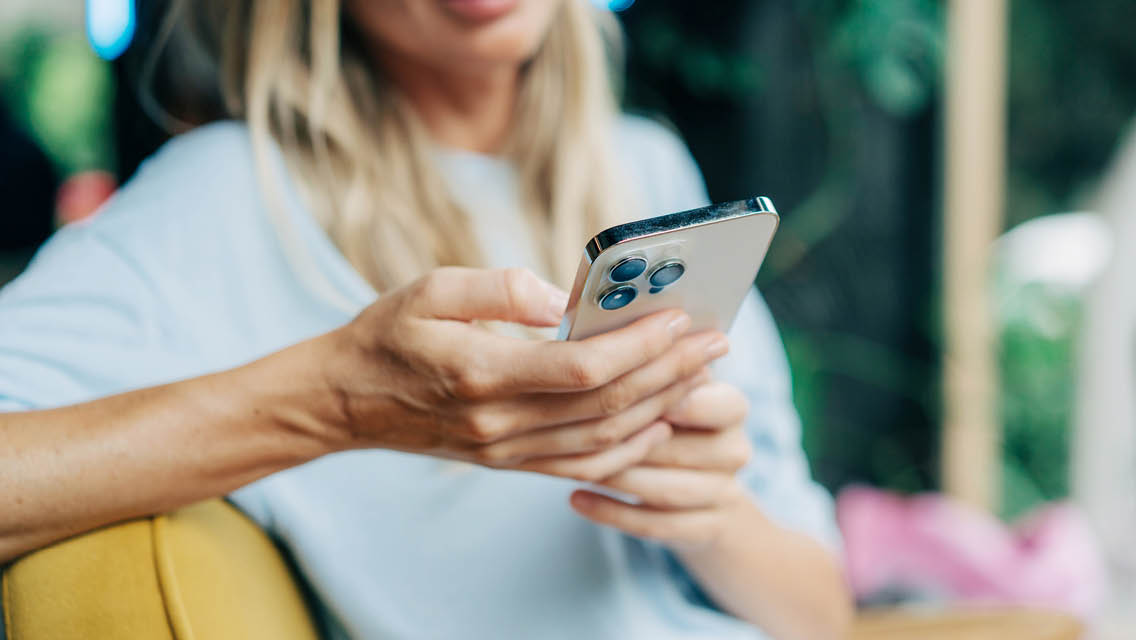There’s been plenty of speculation in recent years about whether digital devices are degrading our ability to retain information. One study found that 44 percent of Americans surveyed reported that their smartphone “serves as their memory,” and nearly half of young people who responded said that losing the data stored on their phones and similar devices would “fill them with sadness, since there are memories . . . that they would never get back.”
Still, those are subjective responses. The objective effects of these devices on our memory are harder to measure, says Evan Risko, PhD, an assistant professor of psychology at the
University of Waterloo in Ontario. Risko studies “cognitive offloading,” which is what we do when we entrust our memory to an external device, whether it’s a pad of paper or a mobile phone.
“If, in an experiment, you are allowed to type information into a computer and you think the computer is saving it, your memory for it is worse than if you hadn’t offloaded it,” he says. And in one study he reviewed, people who took photos of artworks in a museum had a harder time recalling their details than viewers who simply looked at the art.
But, he adds, research has also shown that offloading one set of data can improve recall of a different set. “If I give you two lists of words and I let you offload one,” he says, “your memory of the other one improves, probably because you’ve removed the interference caused by the first list.”
So, for the moment, no one can say for sure whether your phone is to blame for some forgetfulness, says Risko, because there is still no definitive research to prove it.
There is, however, research showing that writing by hand improves comprehen-sion. All the more reason to carry a little notebook as well as a phone. Handwritten lists may still involve offloading, but at least the paper won’t volunteer to spell the words for you.




This Post Has 0 Comments